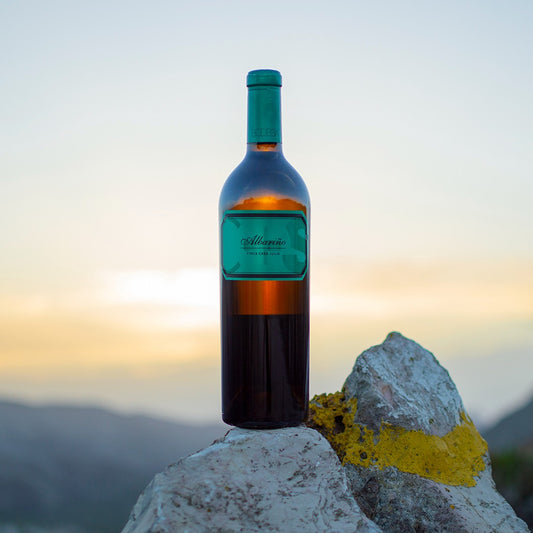| After a delay of two years, the 10th International Cool Climate Wine Symposium finally got under way. Held at Brock University’s ‘Cool Climate Oenology and Viticulture Institute’ in St Catharines on the Niagara Peninsula in eastern Canada, some 300 delegates and speakers from all around the world gathered to hear the latest viti-vini news from what are usually called ‘cool’ regions, but which are increasingly having to deal with rapidly warming conditions. The ICCWS must be unique in its structure in that there isn’t any! Regions decide if they like the idea of holding it, and, after pitching to the current holder, are awarded the right to hold it. The ICCWS is just a name and an ethos that gets handed on from one region to another: no finance, no organisation, no mailing list - that’s up to the holder to determine.
The delegates to the ICCWS are the usual mix of winegrowers and winemakers, educators and wine journalists, students and just those interested in growing grapes and making wines in what we must now call the ‘temperate’ winegrowing regions (there is now a Cold Climate Wine Conference to deal with regions where winter temperatures are really low). The delegates came from all four corners of the earth with GB sending quite a strong group of around 15, and a smattering from our cool European colleagues who have vines in Holland and Belgium, Scandinavia, the Baltic states, Poland and even two from Brittany who (seemingly against the wishes of their Ministry of Agriculture in Paris) see Rennes as the new Rheims!
The symposium followed the usual format of a pre-conference vineyard tour, followed by four days of talks, presentations, and tastings, usually split up into viticulture and oenology with sideshows on marketing, sustainability and communication. Those of us who were more of a ‘viti’ bent, felt that by the end of day 3 we had more or less exhausted what was on offer, with the remaining sessions being more ‘oeno’ ones. In the evenings many of the delegates attended ‘winery dinners’ where typically three different wineries would present their wines, accompanied by dinner. As with most symposia, it’s not always the content that’s the most rewarding. Getting together with your peers from your own region, plus meeting old friends and making new ones, is often just as important. After a break of six years since the last ICCWS (held to much acclaim in Brighton) it was good to feel that the world was getting back to something approaching normal. At the last session of the conference, it was announced that New Zealand would host the next one (hopefully) in 2026. Based at Lincoln University on Christchurch in the South Island, this will be the third time NZ has hosted the ICCWS.
Canadian wine has come a long way since I first visited the Okanagan Valley in around 1985 when all the talk was how an impending North American Free Trade Agreement would destroy the Canadian wine industry (that’s wine made in Canada from Canadian grapes) as tariff-free US grapes from Washington, Oregon and California (and even further afield), would flood across the border to be made into what is known as ‘Cellared in Canada’ wines. Today, with global warming allowing the established regions of British Columbia and Ontario to plant many more vinifera varieties than they used to, and with newer regions such as Novia Scotia, Lake Erie, Vancouver Island and the Fraser Valley producing some interesting wines, Canada is very much on the list of quality wine producers.
Stephen Skelton MW has spent almost the whole of his working life growing grapes, making wine and advising vine growers in Great Britain. He has also written and lectured extensively on vineyards in and wines from the UK.
|




